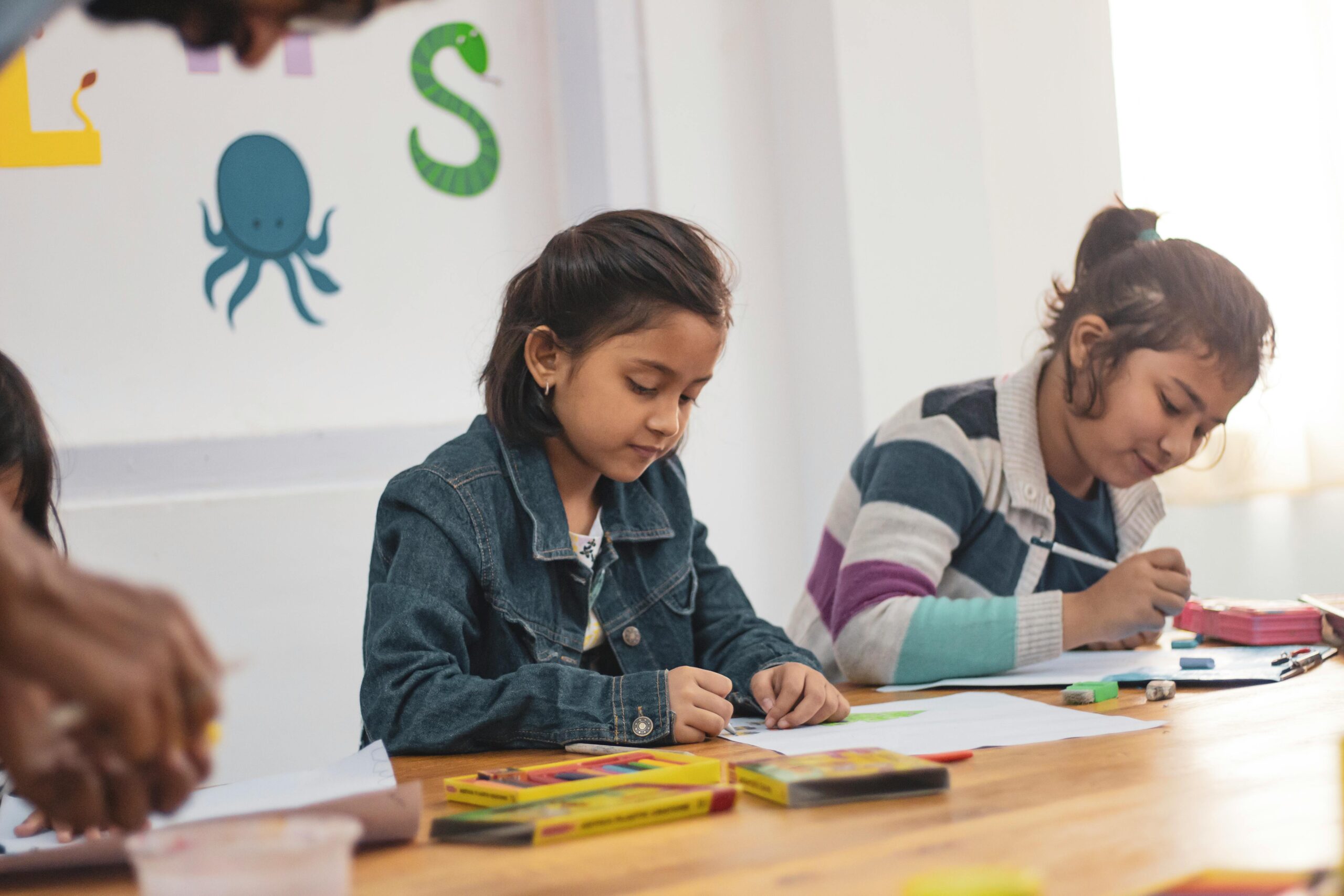- Acadally
- #acadally, #blog, #classroom, #delhincr, #development, #kids, #kidseducation, #learninggap, #learningtechnology, #nepsafal, #newblog, #safal, #training
- 0 Comments
- 2035 Views
The National Education Policy (NEP) 2020 has redefined the approach to education for students and teachers. It has introduced a transformative approach to learning and comprehension. It highlights the limitations of rote learning and emphasizes conceptual understanding and competency-based education. One of the most important initiatives of this policy is SAFAL (Structured Assessment for Analyzing Learning). SAFAL is made to bring a shift from rote learning to conceptual understanding. The NEP 2020 assessment reform aims to replace traditional exam-based grading with a more holistic approach.
With this change, both learning and growth have expanded, and Acadally is a platform that supports this transformation. It has emerged as a crucial platform that correctly aligns with the SAFAL assessment in NEP 2020. It provides cutting-edge AI education solutions to both educators and students.
Understanding NEP-SAFAL:
A competency-based assessment for classes III, V, and VIII has significantly influenced educational practices in many schools. It has asked schools to check the knowledge of students on the basis of core concepts and high-order thinking skills. Considering the current state of schools, NEP-SAFAL is essential. This new policy is applicable to all government and private schools. On the basis of the outcome, further changes will be made.
A 2021 CBSE pilot study found that 80% of students struggled with concept-based questions due to rote learning. This highlights that implementing the SAFAL assessment in NEP 2020 is important. This points out the need for an urgent shift in the education system, making the SAFAL framework a significant milestone. The framework aims to assess students based on real-world knowledge and skill development.
Key Features of SAFAL:
- Measures Progress – NEP-SAFAL establishes a framework for collecting accurate school-level data. This data will be used to measure performance on competencies at and below the grade level and measure progress.
- Focus on Critical Thinking – Under SAFAL, students are assessed on the basis of holistic learning. It assesses students’ critical thinking and inquiry-based learning abilities. Importance is given to analysis-based learning. Well-rounded intellectual growth is the aim of SAFAL.
- Use of Technology – SAFAL encourages technology-driven assessments to enhance personalized learning experiences. AI-powered platforms help schools in filling the gap between students and teachers. It provides adaptive tests and also helps students grasp difficult concepts.
- Measuring School Performance – SAFAL not only evaluates students but also school performance. It offers insights into school performance and effectiveness. Schools can measure how effectively they are implementing competency-based learning and take steps to improve their educational methods.
- Data for Improvement – The SAFAL assessment regularly generates detailed reports. These reports help in curriculum adjustments. It also helps in identifying the areas which need resource allocation. It focuses on the professional development of teachers. This fosters a continuous cycle of learning and improvement.
- Continuous and Formative Assessment – The NEP-SAFAL framework emphasizes continuous assessment over one-time exams. It does not believe in one-time exams. It also promotes consistent feedback and improvement. Regular marking is better than one-time exams because one-time exams leave no room for improvement. Regular assessments, including quizzes and assignments, provide students with opportunities to demonstrate progress. For example, instead of one final exam, students might have multiple assessments throughout the semester that help them improve and gain knowledge.
How Can Schools Implement NEP-SAFAL
The future of NEP-SAFAL revolves around three key elements: skills, critical thinking, and problem-solving. Students should not be scared of education but rather crave and value it. Here’s how this step of the National Education Policy (NEP) will change the future of education and schools:
- Identifying Gap and Resource Allocation: The SAFAL report will identify specific areas where students face difficulties. This identification will allow for targeted intervention. The report will also highlight the areas requiring immediate resource allocation.
- Long-term Planning: The findings as per the report will be incorporated into the school’s final plans and strategies. This will lead to continuous student progress.
- Improve Teacher Skills: Using the findings of the research, train teachers to address particular learning challenges faced by students.
How Acadally Aligns with SAFAL
Acadally is an AI-powered assessment platform that aligns seamlessly with the objectives of NEP-SAFAL. It uses competency-based evaluation and real-time analytics. It also offers adaptive assessments that help every student and teacher.
- Personalized Learning: Every student learns at their own pace, and NEP-SAFAL student assessment emphasizes individual growth. Acadally provides AI-driven adaptive learning pathways to assess students’ strengths and weaknesses. It recommends personalized resources to improve.
- Real-Time Analysis: One of the SAFAL assessments in NEP 2020 objectives is to track learning progress over time. Acadally provides data-driven insights through its powerful analytics. It helps teachers to identify the weak areas of every student immediately after the test. It gives a clear idea about the performance trends of every class.
Conclusion
With the introduction of NEP 2020, India’s education system has undergone a transformation. It aims to transition from traditional exams to holistic, skills-based assessments. It emphasizes developing critical thinkers and problem-solvers. This not only changes the future but the present as well. Success is limited with rote memorization, but critical thinking enables students to solve problems effectively. The implementation of national education policy makes things interesting.








